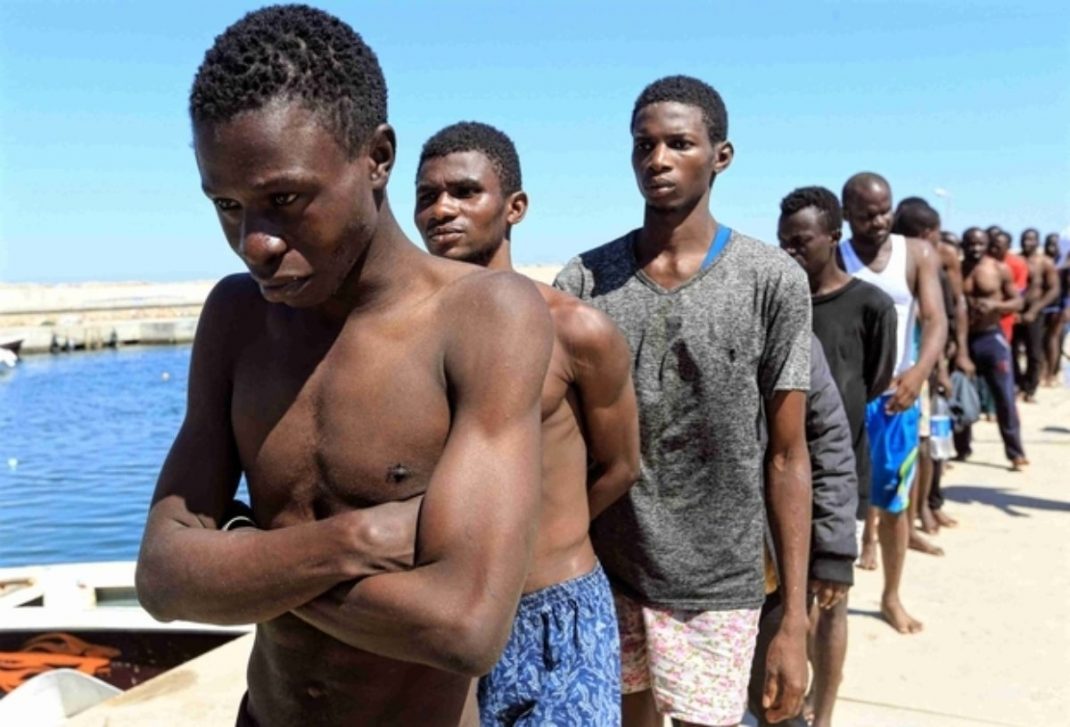By Libya Analysis
Arturo Varvelli has written a report for The George Washington University Program on Extremism titled “Islamic State’s Re-organization in Libya and Potential Connections With Illegal Trafficking.”
The report outlines how ISIS penetrated Libya and explores the possibility of illegal trafficking in Libya converging with jihadist groups. Varvelli argues:
The risk exists that terrorist organizations might leverage Libya’s destabilization to finance themselves through smuggling, specifically through human trafficking. However, this risk currently seems unlikely for two reasons.
First, jihadist groups in Libya seem to be in a phase of weakness and dispersion. The defeat of the IS forces in Sirte decreased their visibility and increased the fluidity of the remaining troops, who probably number around several hundred.
Many of this number are foreign fighters who seek to return home or travel elsewhere. In the short term these organizations seem destined for a profound regrouping and decentralization into more remote areas.
The largest and most dangerous groups remain those tied to al-Qaeda, and to AQIM in particular. They could take advantage of the availability of the former fighters of IS and Ansar al-Sharia who have recently left their organizations.
Given the political situation, Libya remains attractive for jihadist groups.
Secondly, the trafficking market appears to be fairly closed because it is run by international operators with the help of Libyan militia networks, a convergence of alliances based on shared financial interests.
At present, it is hard to compete with these actors, who have basically begun a process of specializing in and “industrializing” the trafficking business.
Download the full report
***
About the Author:
Arturo Varvelli is Senior Research Fellow at ISPI and Co-Head of ISPI’s Middle East and North Africa Centre, in charge of North Africa Studies. He also works as a scholar on topics such as Italian-Libyan relations, Libyan domestic and foreign politics, Italian foreign policy in the Middle East and Mediterranean region, Jihadist groups in North Africa, having published both books and articles on these subjects. Dr. Varvelli is also a lecturer of History and Institutions of the Middle East at IULM University in Milan and Visiting Fellow at the European Foundation for Democracy (EFD) in Brussels.
________________




